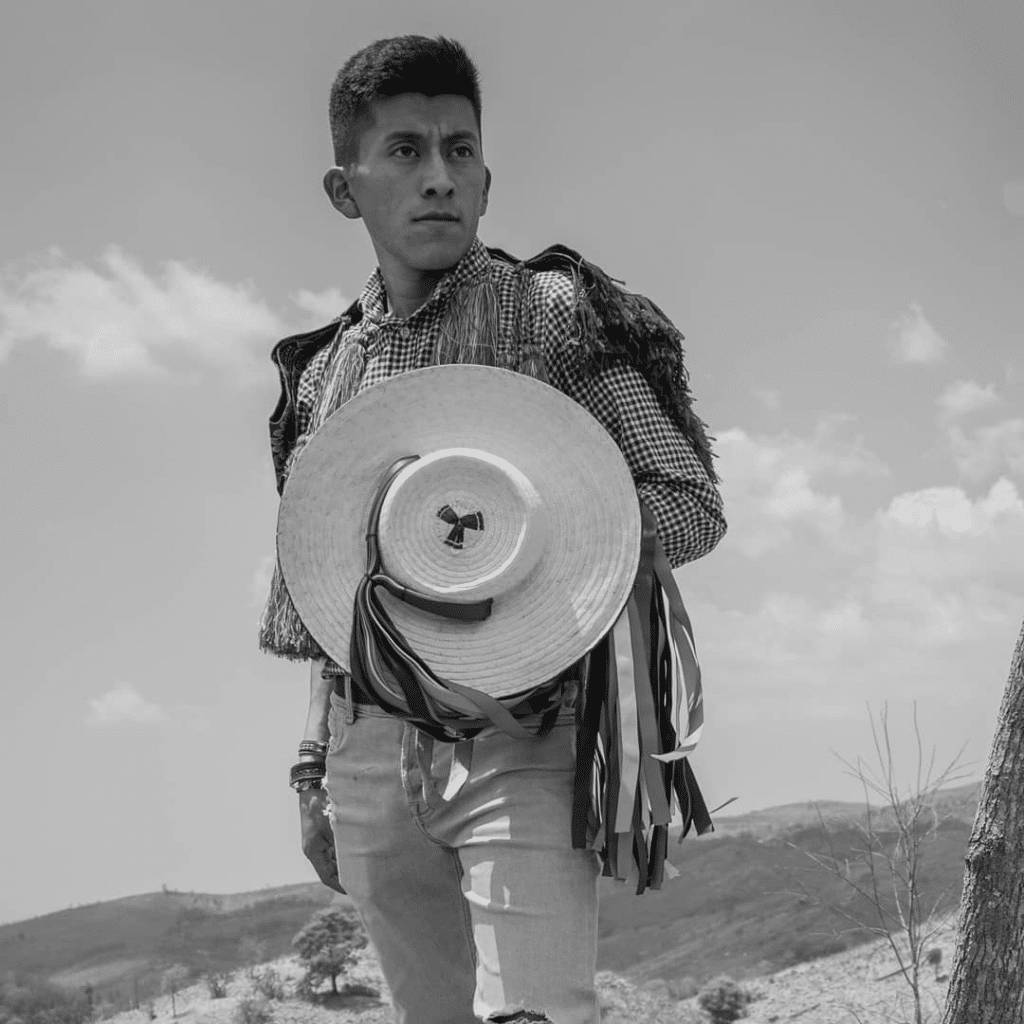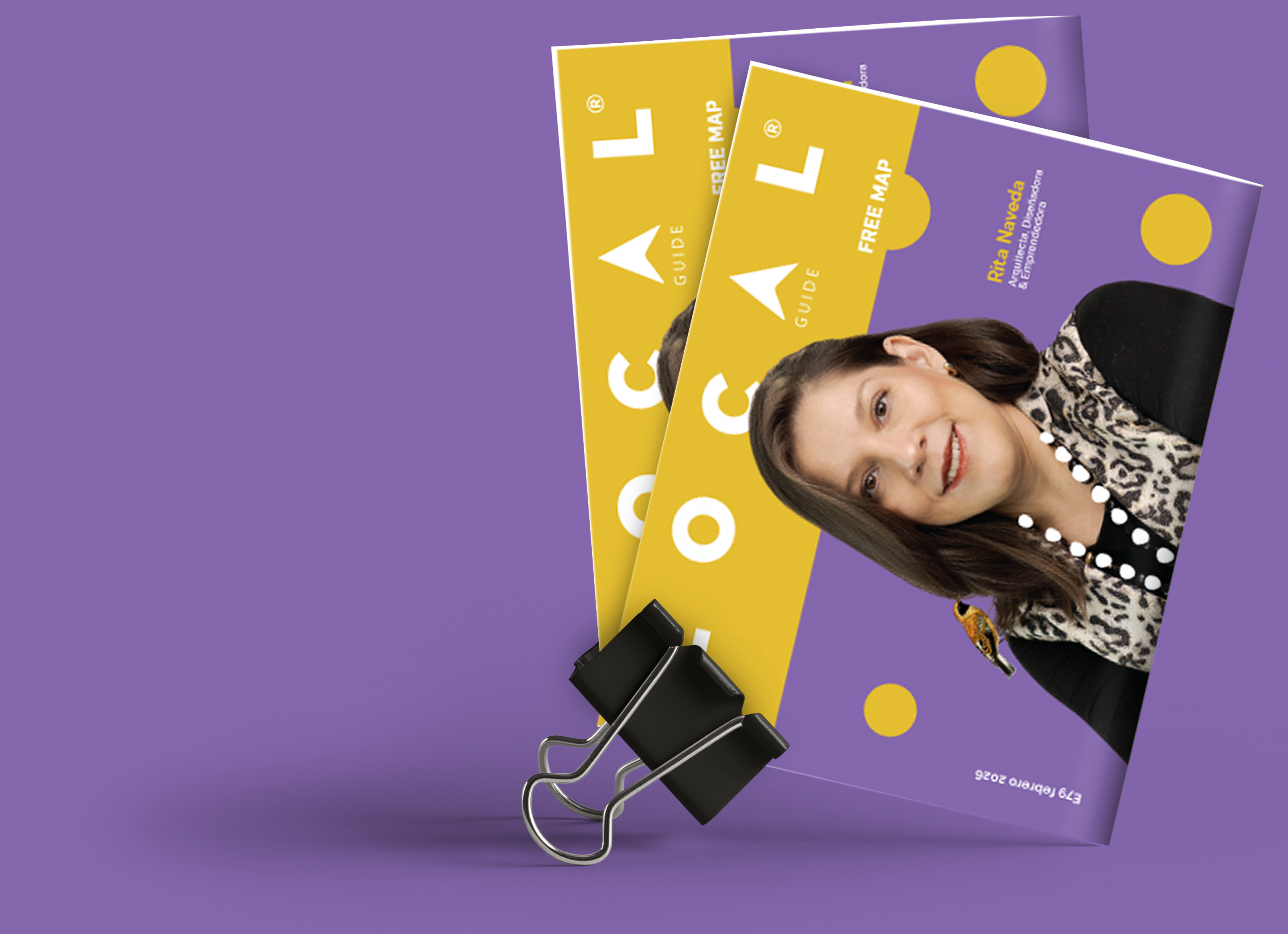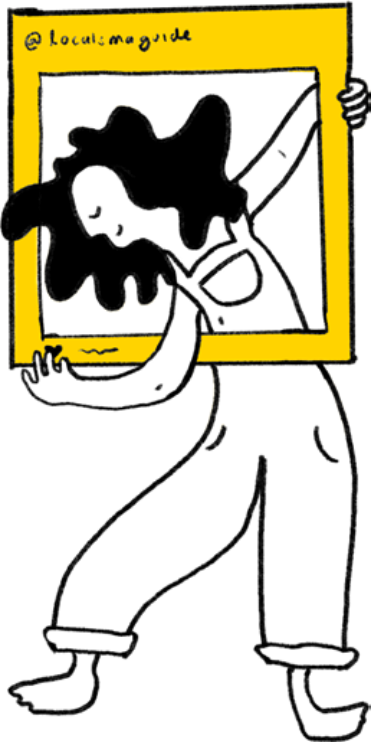We present our new section with unquestionable pride in which we will be talking with prominent figures outside of San Miguel to make them known to our bright city and thus achieve an exchange cultural in which we expand our mental borders and grant openness to our spirits.
Inaugurating such an ambitious section we present the promising Andres ta Chikinib who, through his hard work and multiple aspects, is a worthy representative of the Tzotzil language and fights every day to keep it alive.
L: You have been a promoter of the Tzotzil language since 2017. How do you spread this beautiful Mayan language and ensure that it is not lost over time?
TO: It all started with an invitation from a civil association to teach reading and writing classes in Tzotzil. One of the actions with which I ensure the future of the Mayan language is to promote its writing and spelling, since the majority of the population that speaks it knows how to speak it but does not have the knowledge to practice it through reading and writing.
In 2020 I developed a digital course of videos tutorials to promote this same thing in times of pandemic, as well as to interest young people and delve into this knowledge. This is one of the many actions that can be used to promote the 12 languages that exist in Chiapas or the 68 languages that exist in Mexico. Doing so from the different artistic disciplines. It is very important to develop entertainment and information content through the platforms since most of the content that these young people see is not directed at them.
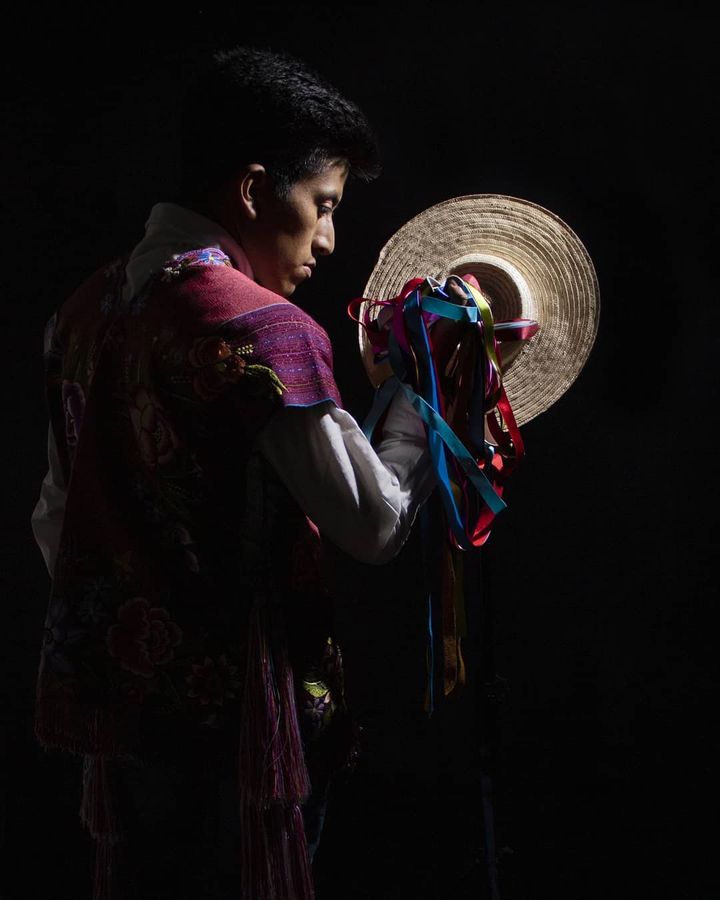
L: When did you decide to become an actor and what does it mean to you to represent your culture?
TO: In 2020, I acted in the film “Días Negros” (Black Days) filmed in the town of San Juan Chamula, and that meant an unforeseen opportunity since it was developed from the Tzotzil language and culture, which represented a great opportunity and responsibility to represent my people. By not correctly representing a certain social group, instead of vindicating ourselves, it is sometimes counterproductive by creating stereotypes. In the end, we proved to ourselves that it is possible to tell our own story through acting and film.
L: In the acting world, they are sometimes a bit harsh in the casting process and sometimes actors don't get roles because of their skin tone. What are your thoughts on this?
TO: Returning to the subject of acting, I think it is a complicated subject to be able to occupy a leading role because in Chiapas racist, classist and discriminatory practices still persist, because if we take a look at current content, the majority of people are white.
For people with dark skin, there are few opportunities. Now, imagine the opportunities for Tzotzil-speaking people, as there are almost no opportunities since there is not much production with that focus, and they have almost never had a leading role. So it is still a challenge and a struggle that is just beginning to occupy those spaces by the native languages and cultures of Mexico.
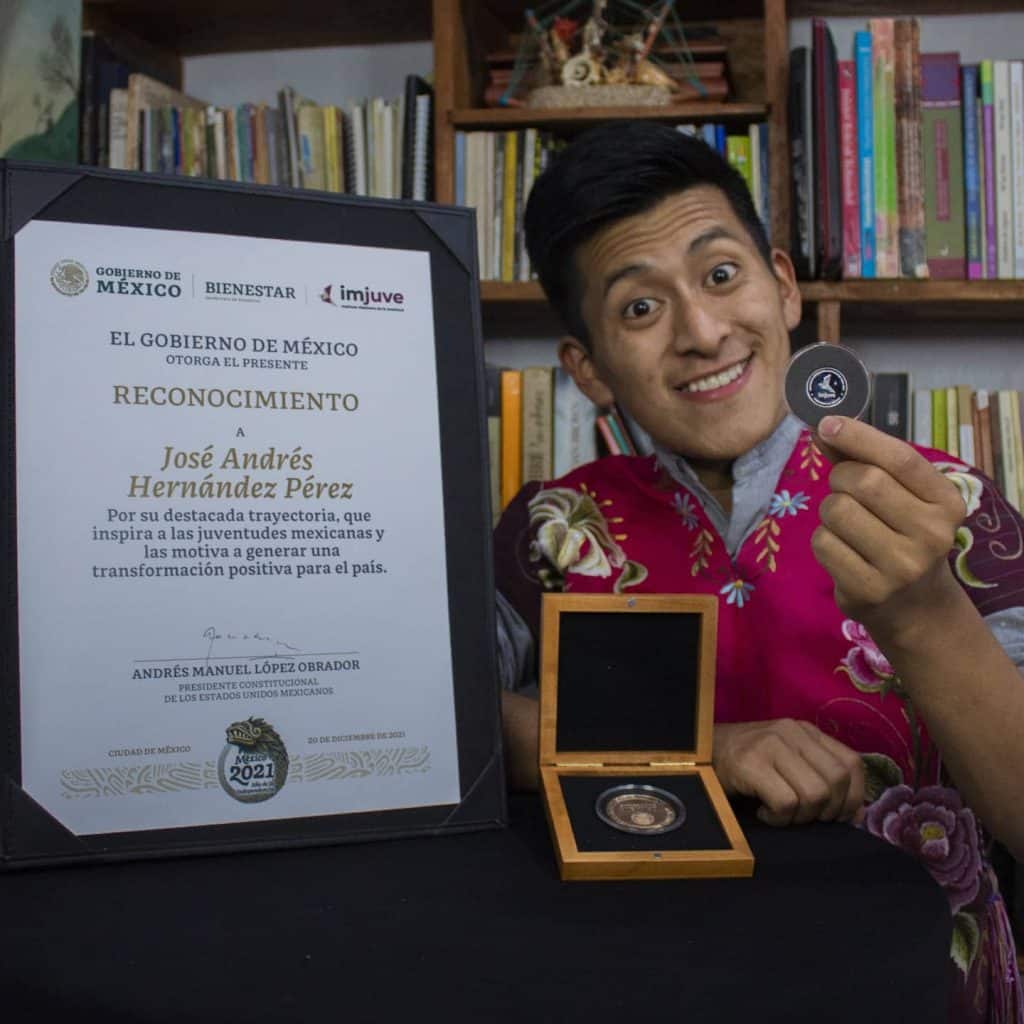
L: You also write poetry bilingually; what inspires you?
TO: My work on literary topics has been more focused on poetry. Sometimes I start writing in Spanish, sometimes I start in Tzotzil depending on the inspiration. In Tzotzil you have to be a bit self-taught because there are no institutions that teach you this language.
Speaking of the subject matter, they are themes of protest, of visibility and also as a means of criticism, but I have always said that the main characteristic of a poet is our sensitivity to see the everyday. Sometimes I talk about my people, about what it is like and how it is lived and the challenges we go through that I have been addressing through poetry.
L: What is the response of your community and children when they see you so active?
TO: By undertaking these activities and promoting these topics such as the creation of content in Tzotzil in the media, they are locating me as a source that could lend a hand to them in some way. There are comments that I receive from high schools that tell me that they like what I do and that they would like to study what you do and those types of comments on a personal level have moved and motivated me as well as given me a certain confidence.
